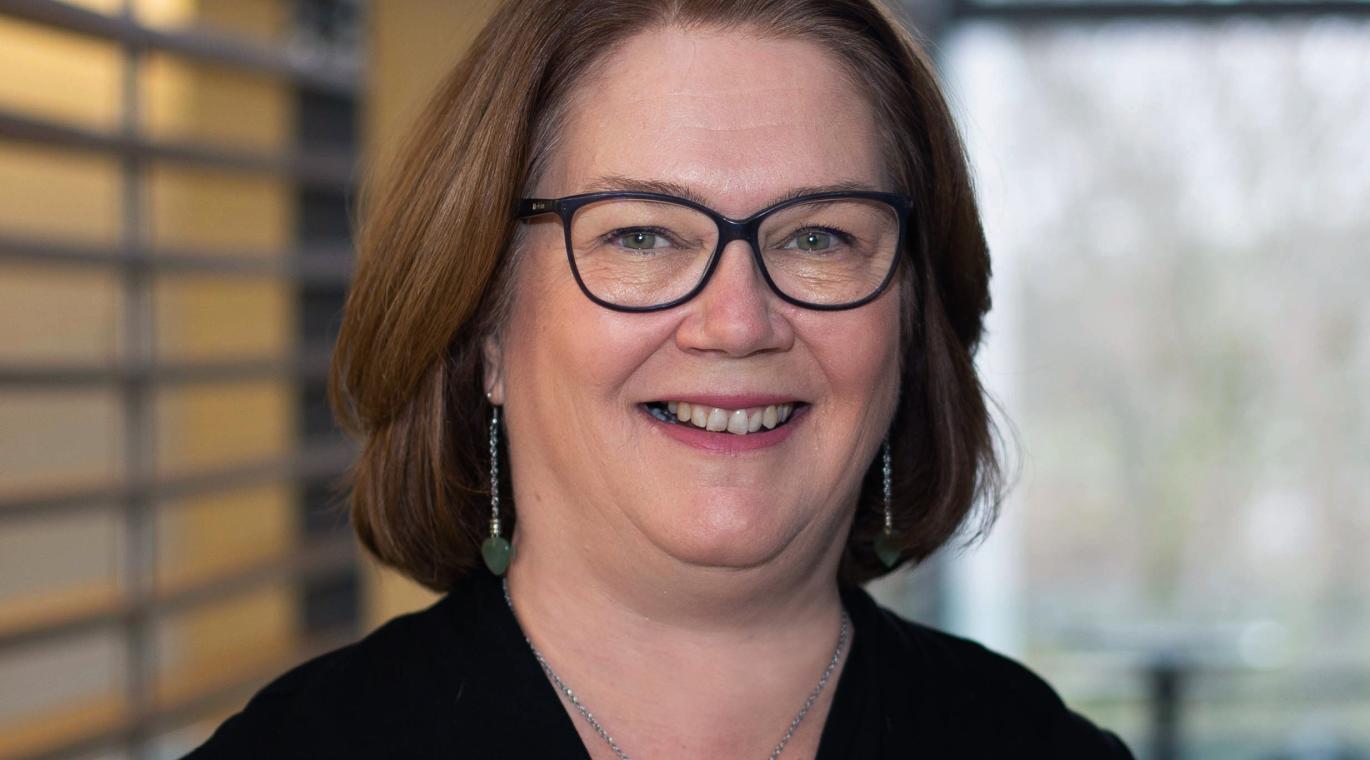
From the Kingston Whig Standard:
The Southeastern Ontario Academic Medical Organization (SEAMO) is a Kingston-based health-care organization that supports more than 450 physicians in the southeast region through four local organizations: Kingston Health Sciences Centre (KHSC), Providence Care, Queen’s University and the Clinical Teachers’ Association of Queen’s University.
The organization operates through an Alternative Funding Plan agreement with the Ontario Ministry of Health and Long-Term Care, a model that has allowed regional doctors to devote time more sustainably to both community health care, but also teaching and research.
“It’s essentially the funding plan that allows for almost all of the specialist positions in Kingston and the region,” Jane Philpott, dean of the faculty of health sciences and director of the school of medicine at Queen’s University, told the Whig-Standard during an interview.
“It’s an incredibly important organization for providing health care, as well as health education and research, in the Kingston and Queen’s community. It’s perhaps not very well known as an organization, but probably anybody who’s ever accessed health services at Kingston Health Sciences Centre or Providence Care has come into contact with a SEAMO doctor. It’s a really wonderful organization, and it’s the reason why we’re able to offer such fantastic high-level, high-quality health services here in the region.”
SEAMO was founded 30 years ago to help create a more stable funding model for doctors to be supported to both provide health care in the community as well as having time to teach and conduct research.
The organization has made Kingston more competitive than it should be for its size, and more attractive to highly skilled specialists.
“Kingston is a pretty big city, but it’s not like Toronto.” Philpott said. “In the past, sometimes it was hard to be able to afford to recruit those kind of ultra-specialists. SEAMO allowed us to do that, and it’s been going strong ever since.”
SEAMO’s funding amounts to approximately $180 million per year, which supports “hundreds of physician services,” Philpott said.
Those physicians, when they become part of SEAMO, also join the Queen’s faculty of health sciences and the school of medicine, integrating each into programs as teachers and researchers.
“If you come to work as a physician with SEAMO, you also come to be part of Queen’s and you come to be part of not only the clinical care in the community, but also the education and research work that we’re doing,” Philpott said. “It really is a way that we’re making sure that the work that we’re doing is always of the highest quality, highly informed, and that we also can use the resources of all of those physicians to train the next generation of physicians.”
In 2022, SEAMO announced its new strategic plan and vision for the organization’s next five years.
“We underwent a whole new strategic plan to make sure that we’re current with what the community needs for the future,” Philpott said. “It speaks to recognizing that SEAMO, over the years, has evolved into much more than just doctors’ care. It’s all about working in the region, working in collaborative care teams, recognizing that doctors obviously work with lots of other members of the team, and really focused on making sure that we promote the research and education part of what SEAMO does. It’s really committing SEAMO to its very important role as a health system leader.”
Philpott said that SEAMO’s sustainable model is “really the envy of a lot of other regions in the province, if not the country, to be able to have this kind of stable physician workforce.”
“We wanted to do better at telling our story and letting people know that this is something people should be happy to host in the community,” she said. “Physicians work so hard in the background, and they don’t have time to promote the great work that they’re doing to not just provide care, but really provide the highest standards of care, and improving the quality all the time.”
Philpott believes SEAMO has helped physicians effectively “knit together” different parts of the region’s health-care system into a cohesive and high-quality network that meets many local needs.
“They’re all committed to providing clinical care, but they’re also committed to helping to teach in the medical school and to research,” Philpott said. “It really is the bedrock of the health systems and the physician services in the community."
